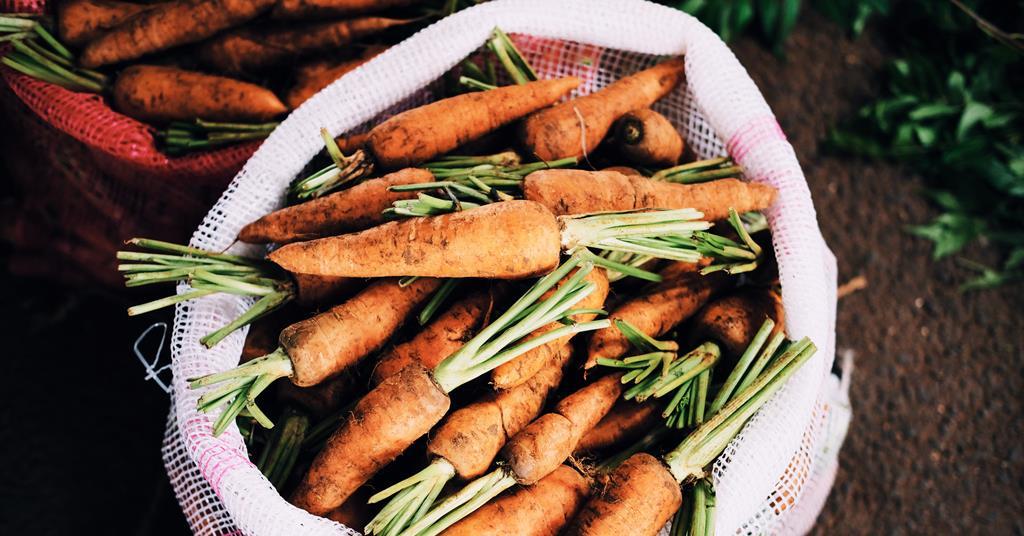Top news of the week: 28.01.2021.
Sustainability
Beepocalypse Myth Handbook: Assessing claims of pollinator collapse
After a decade of debate, the causes of the mid-2000s spike in bee deaths is coming into focus. Culprits are multifactorial, a rebuke of simplistic fingering of pesticides. Time for ...
Organic vs conventional: Which farming method is more sustainable? A case study from California
California's Central Valley produces more than 250 different crops comprising one-fourth of the nation's food, including 40% of our fruits, nuts, and other
Why the organic sector shouldn't oppose gene editing
Adopting a position of outright opposition to the technology would risk the organic sector being ridiculed, says Alex Smith, founder of Alara Wholefoods and former chair of Genetic Food ...
Farm Protests in India Are Writing the Green Revolution’s Obituary
The country’s agricultural transformation of the mid-20th century left a legacy of inequity
Loos Tales for Jan 28, 2021 Today from the Nebraska State Capitol Doug Oertwich on the opportunities chickens created to bring a son back to farm
Nebraska has a run away property tax problem and today we are at the state capitol trying to fix it. Although through it all this Nebraska farm family has diversified their farming ...
Health for All
Around 1.3 billion people currently lack access to effective and affordable healthcare. That’s why we have made it a high priority to address this global health challenge.
Gene-edited crops are now a reality – but will the public be on board?
Plant scientists hope to avoid a repeat of the GM foods debate from two decades ago.
Will 2021 be the turning point for food technology?
What we eat and drink could soon change thanks to advances that allow for the creation of better ingredients, crops and animals. The biggest challenge: explaining the science to consumers.






